
October 23, 2025
Discover how Mix Master strengthens your brain just like an instrument - training focus, creativity, and emotional intelligence through the science of sound.
Read more.png)
September 8, 2025
Tools like Suno are now powerful enough to generate melodies, lyrics, and even full songs in seconds. That’s exciting—and controversial. Just ask Timbaland. Recently, he came under fire..
Read more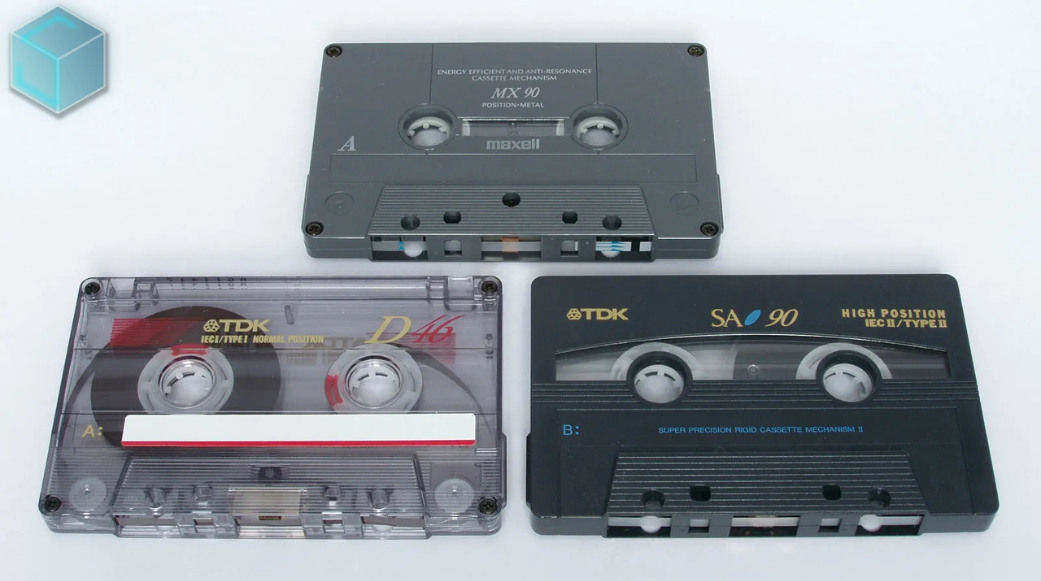
August 23, 2025
The 1980s and 1990s analog music medium known as cassette cassettes is experiencing an unanticipated comeback, with Gen Z spearheading the trend. Taylor Swift, who included cassettes in the release...
Read more
August 23, 2025
This week's most notable headline: Doja Cat's erotically charged, '80s-inspired music video, "Jealous Type," is dominating social media feeds and cultural discourse, marking her most daring...
Read more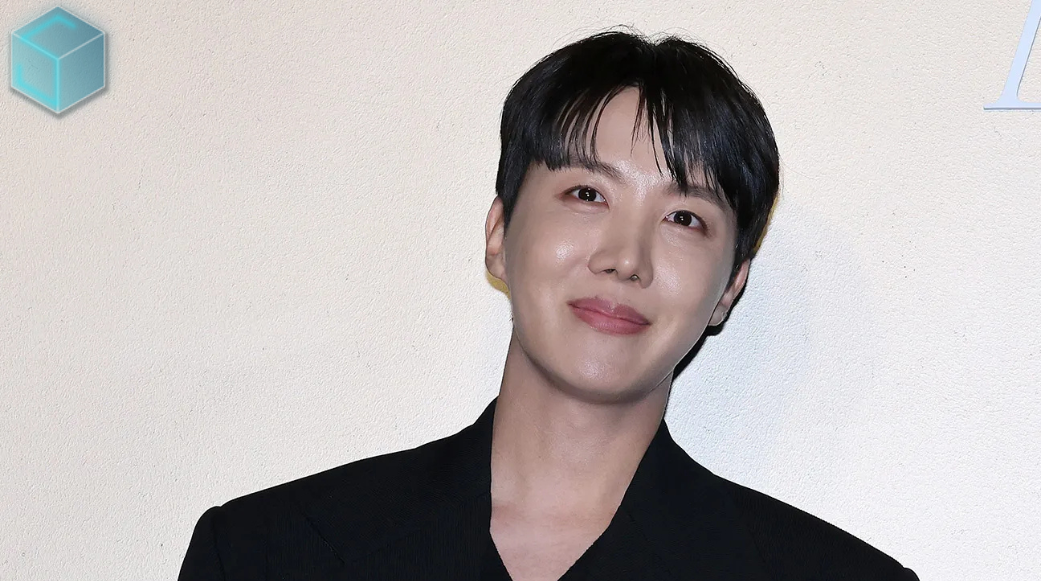
August 23, 2025
J-hope and GloRilla's "Killin' It Girl," a spectacular blend of K-pop flare and shameless hip-hop heat that has taken the world by storm, is this week's winner of the Best Collaboration of Summer...
Read more
August 23, 2025
Carly Rae Jepsen is giving fans the ultimate gift for the 10th anniversary of her critically adored album Emotion: a special edition featuring four never-before-heard tracks and two fresh remixes...
Read more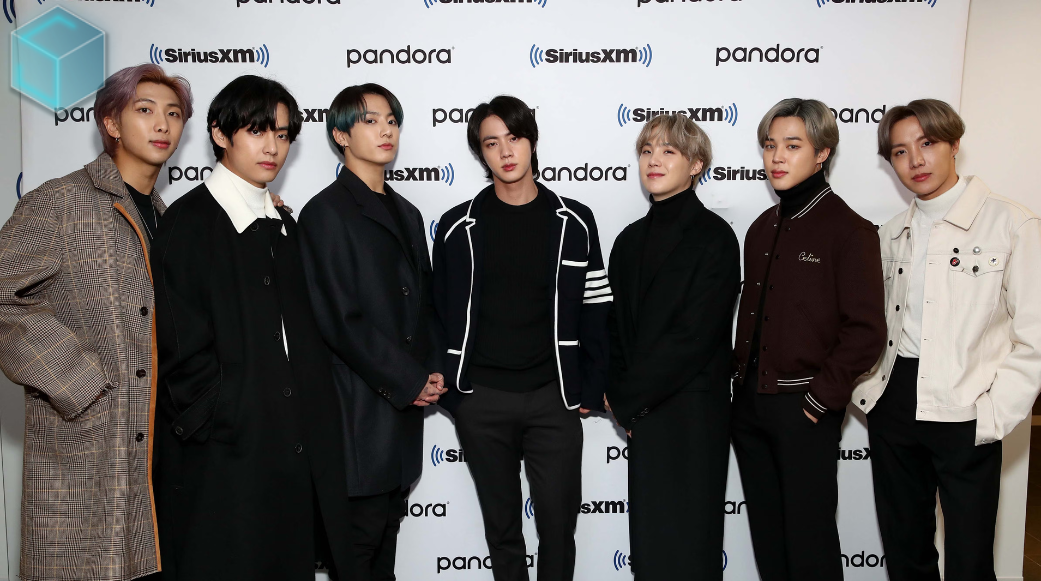
August 23, 2025
The wait is over, ARMY! BTS is officially back together and balancing work and play in their first moments of reunion after completing mandatory military service. J-Hope sent fans into a frenzy...
Read more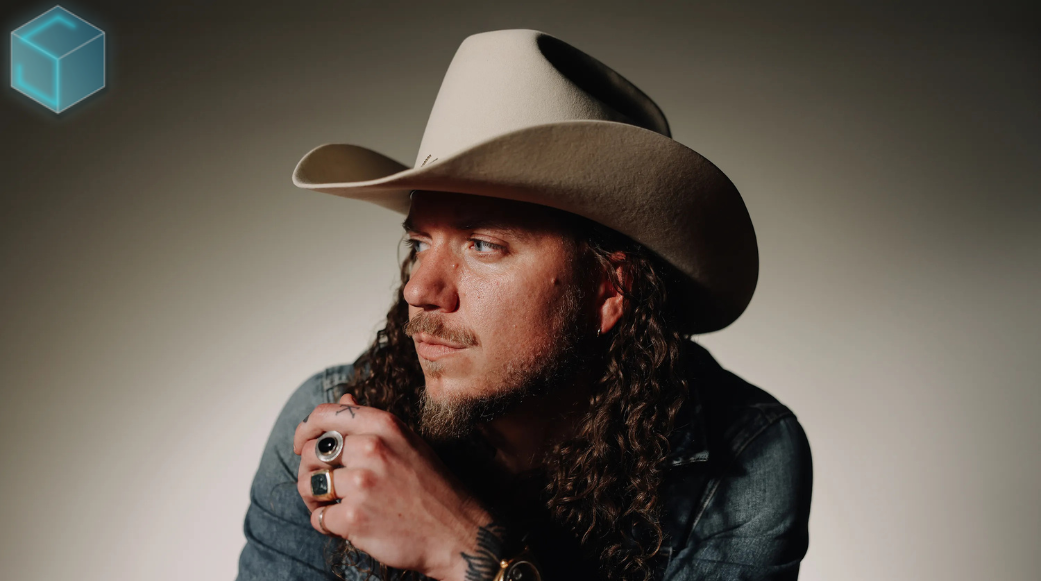
August 23, 2025
Christian music stepped outside of its quiet comfort zone in 2025. "Hard Fought Hallelujah," a worship song by Brandon Lake, went platinum, sold out festival stages, and exploded from churches to...
Read more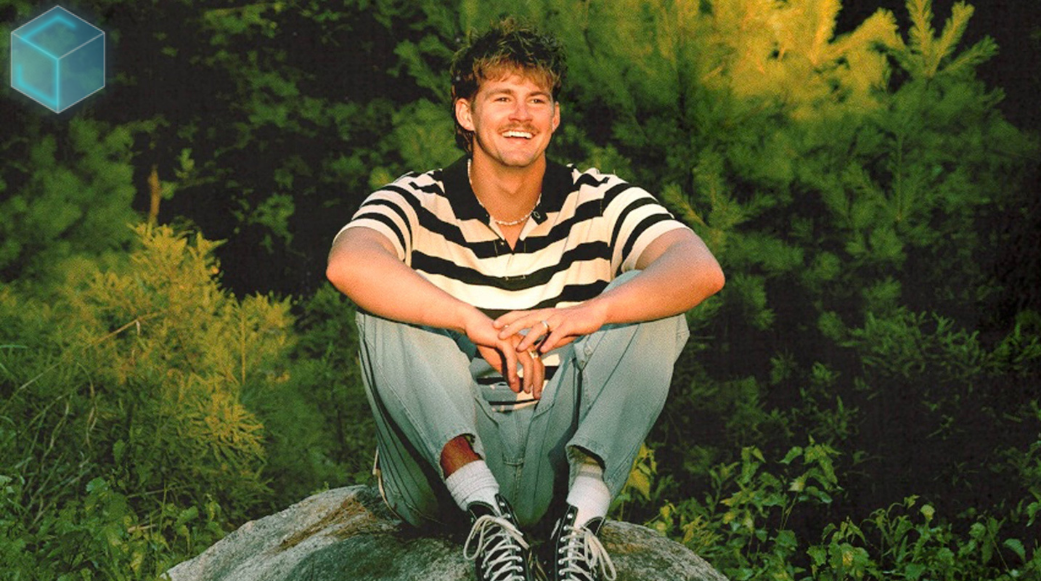
August 23, 2025
In late July 2025, Christian artist Forrest Frank (of Surfaces, now a solo juggernaut in faith-pop) posted from a hospital bed: he’d fractured his L3 and L4 vertebrae in a skateboarding accident...
Read more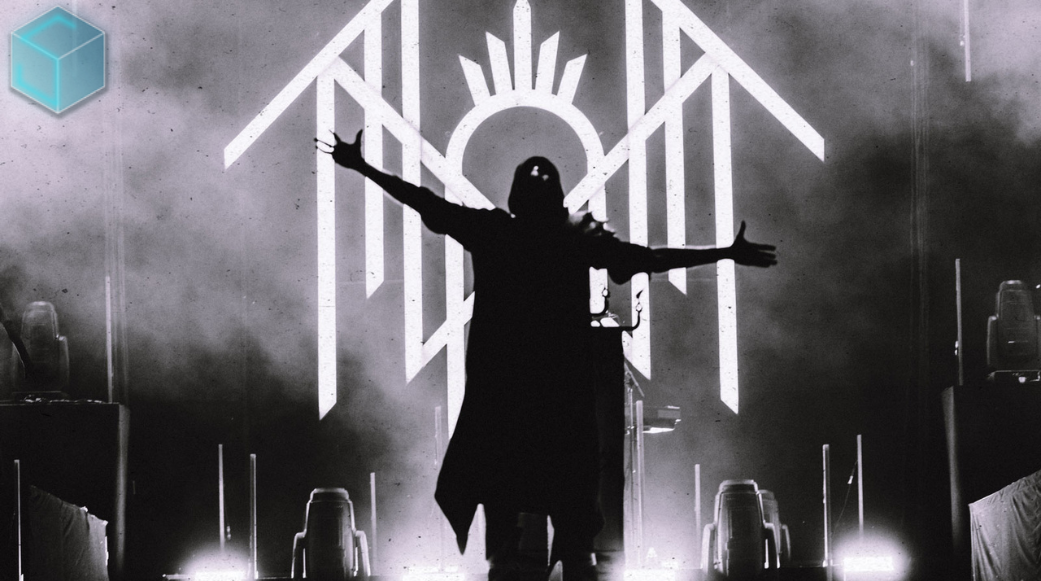
August 21, 2025
On September 16, the masked metal phenomenon Sleep Token will embark on their 2025 "Even In Arcadia Tour" across North America. The 18-show tour, which includes a huge date at Brooklyn's Barclays...
Read more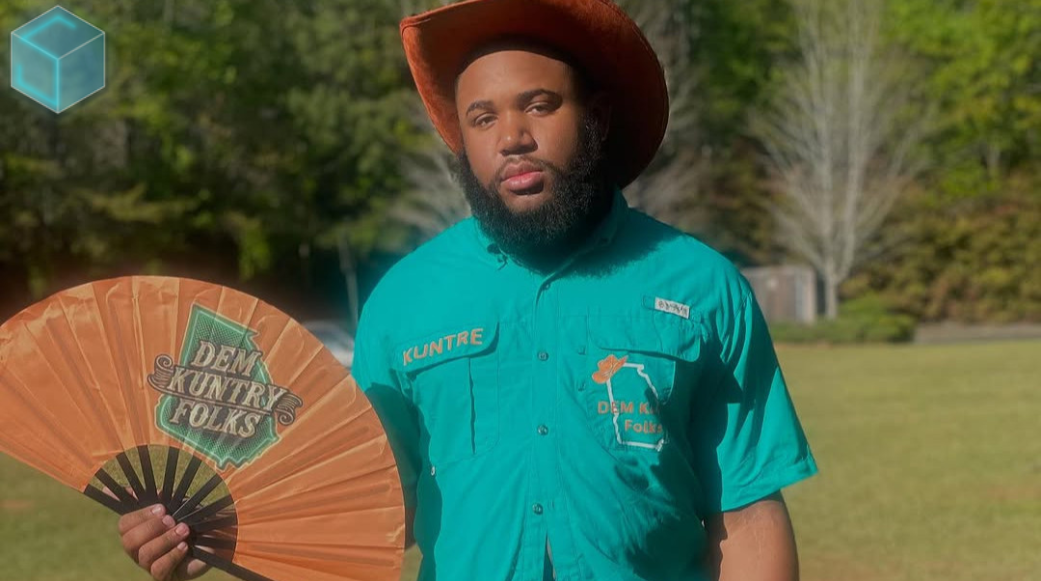
August 21, 2025
Due to a line dance that went viral and won over fans' hearts both inside and outside of the United States, 22-year-old Tre Little's song "Boots on the Ground" has become a cultural sensation this...
Read more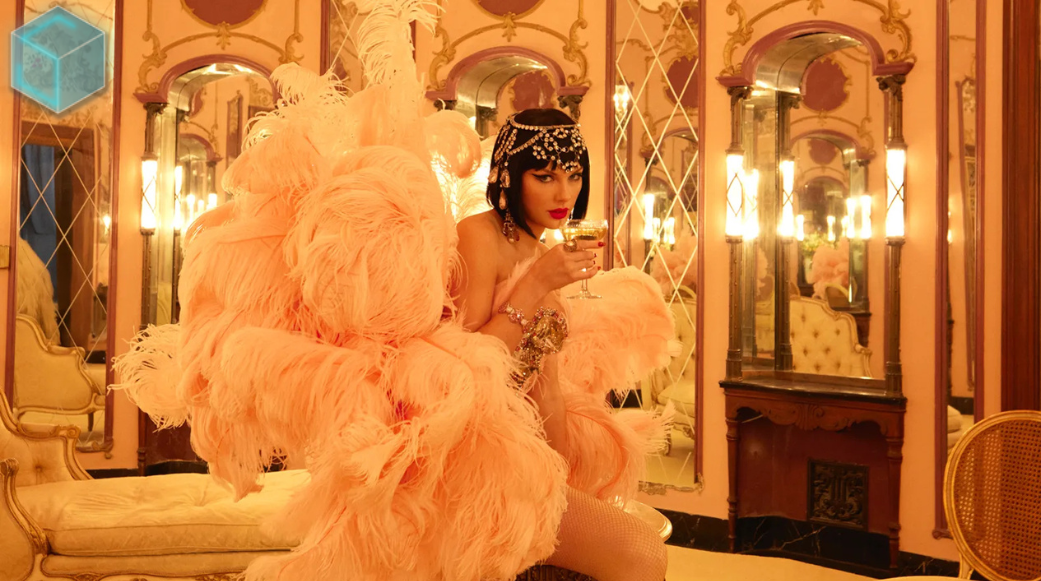
August 21, 2025
In addition to preparing for her next album, The Life of a Showgirl, Taylor Swift is reviving the physical medium this week by putting her songs on cassette tapes. This sentimental action...
Read more.png)
Olivia Rodrigo’s music resonates deeply with Gen-Z. Her songs—raw, fierce, and honest—are filled with fear, anger, and anxiety, emotions that define the reality of today’s teens. As much as we’d like to believe our generation isn’t shaped by these feelings, the truth is that we are. Rodrigo’s music not only reflects this reality but helps Gen-Z process and validate these complex emotions.
Fear: A Generation Born Into Uncertainty
Fear is an undeniable part of Gen-Z’s experience. We were born post-9/11, a time marked by heightened national security and a sense of global instability. We grew up hearing about economic recessions, some of us learning about “wants” versus “needs” in elementary school. For many, the worry about scarcity and the future was introduced early on.
But perhaps most distressing is the fear we feel in places meant to be safe, like our schools. The shadow of school shootings looms over our daily lives, creating a sense of anxiety that’s difficult to shake. The fear of tragedy in our classrooms, compounded by the pressures of social media and global instability, defines the reality of many teens today.
Anger: A Generation’s Fight for Change
Living with this constant fear has naturally fueled anger within our generation. We’re tired of the chaos and lack of security, and that frustration is being channeled into movements for change. We saw the emergence of the #MeToo movement and the rise of Black Lives Matter, powerful statements against systemic issues that have hurt and silenced people for too long. Through social media, Gen-Z has found a platform for expressing our collective anger and making it heard around the world.
Rodrigo captures this fury in her music, giving voice to a generation that’s fed up with the status quo and determined to demand change.
Anxiety: The Unseen Burden
Our generation’s reality is marked by relentless anxiety—anxiety about the future, our safety, and our worth. With constant comparisons and unrealistic beauty standards flooding social media, we’re caught in a cycle of self-doubt. Rodrigo’s song “Jealousy, Jealousy” perfectly encapsulates this: “I’d rather be, rather be anyone, anyone else.” This line reflects the struggle of feeling never quite “enough” in a world obsessed with curated images and perfection.
And it’s not just personal insecurities. For many of us, social media determines social standing at school, making it impossible to “opt-out” without risking our friendships. The pressure is unrelenting, and unlike previous generations, we rarely feel we have the privacy to navigate these challenges on our own. Parents’ access to our locations, passwords, and online profiles adds to the pressure, often without addressing the real concerns we face online.
The Disconnect: A Generation Seeking to Be Heard
Despite our overwhelming need for mental health support, many teens feel unable to open up to adults. Rodrigo’s music has become a bridge for us—a way to process our emotions when traditional support systems fall short. Many parents come from a generation where mental health wasn’t openly discussed, and some still dismiss these issues as “youth angst” rather than real struggles.
Olivia Rodrigo, however, has tapped into what we’re feeling, helping teens everywhere feel understood. In “Brutal,” she voices this frustration, singing, “If someone tells me one more time ‘enjoy your youth,’ I’m gonna cry.” For us, youth isn’t carefree—it’s filled with uncertainty. Rodrigo’s lyrics capture this reality and validate our struggles.
Music as a Unifying Force for Gen-Z
Rodrigo’s music doesn’t just resonate—it unites. Her lyrics have created a global support network of teens who understand each other’s struggles. As mental health conversations become more normalized, teens are forming stronger support systems, often comforting each other through moments of anxiety and stress.
When teens help each other through panic attacks or provide an understanding ear, we’re building the community we often wish adults would give us. Rodrigo’s music has helped foster this shift, proving that we’re not alone in feeling overwhelmed and unheard.
Conclusion: A Voice for Gen-Z
Olivia Rodrigo’s songs give voice to Gen-Z’s fears, anger, and anxiety. Her art reflects not only our struggles but our strength in facing these challenges. Her music serves as a powerful reminder that we’re not isolated in our experiences; instead, we’re part of a generation learning to navigate a complex world together. Through her lyrics, Rodrigo has made it clear that our fears, anger, and anxiety matter—and that our voices deserve to be heard.